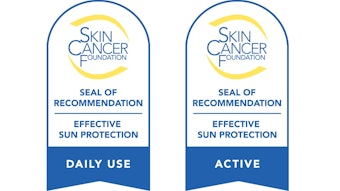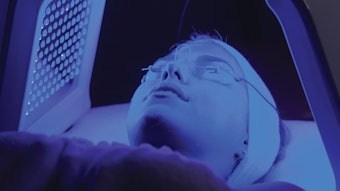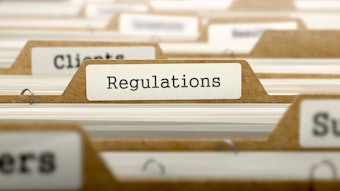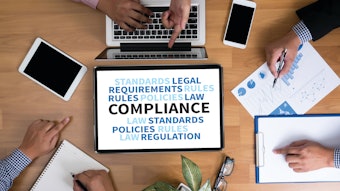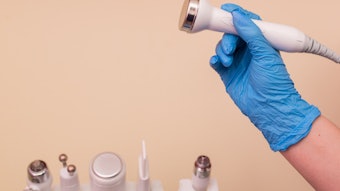
When a law is passed, it's just the beginning, not the end. The law sketches out the main ideas, but the specific rules you need to follow in your salons and spas are set up through regulations. These regulations are made through a public process, giving you a chance to share your thoughts before they're finalized. This is crucial, as sometimes they might limit or remove certain services you offer.
A big problem is that the people making these rules often don't fully grasp our industry and the services we provide. They tend to focus only on safety. When there's no safety data available, they might stop allowing certain practices, instead of working with us to understand them better. The issues with cryotherapy devices across the country are a perfect example of this.
Here’s a breakdown of how this process usually goes, though it can vary depending on where you live:
1. Law to Regulation. After the governor signs a bill, it's up to a regulatory agency, like the State Board of Cosmetology, to turn it into detailed regulations. These rules decide which services you can offer. If the law is about medical practices, the State Medical Board is the agency involved.
What You Can Do: Keep an eye on every board meeting during this time. You need to know what's being discussed and proposed.
2. Drafting Regulations. The agency writes up regulations that cover everything from hygiene to certifications. A legal expert from the state attorney general’s office helps ensure these rules accurately reflect the new law.
What You Can Do: Read these proposed rules, attend meetings, and speak up if you see something worrying.
Related: Licensed to Spa: Know Your Options
3. Public Commentary. Before finalizing the regulations, there's usually a chance for you to give feedback. This is a key moment to express your concerns. Even a single poorly worded term can negatively impact your work. For example, vague terms like 'cryotherapy device' could end up making simple tools unusable.
What You Can Do: Write a response to the rules with solid facts and how the rules will directly impact your business. Submit it publicly. If you’re unsure, seek advice from the Esthetics Council, but remember that unclear or poorly constructed arguments might do more harm than good. Also, manufacturers should get involved if their products or devices are being targeted.
4. Finalizing the Rules. The agency considers feedback from industry experts and the public, then finalizes the regulations. Hopefully, the board is fair and focused on public safety. But sometimes, despite your best efforts, they might approve rules that harm your profession. If that happens, and you're not suing, you’ll have to wait for the next review cycle to try for changes.
What You Can Do: If a rule hurts your business, comply as best you can and keep track of any financial losses or fines. If you're fined, let me know. We’re keeping a database of such cases, and some have led to lawsuits or appeals challenging the rules.
Remember, understanding and participating in this process is key to protecting your profession and ensuring fair regulations. 2024 is shaping up to be a busy legislative year with rules being looked at as well. It’s very important to sign up for board meeting notices or look at your State Cosmetology Board meeting schedule. This year we need to stay vigilant and involved.
Susanne Schmaling, a Licensed Master Esthetician, Certified Laser Technician and published author with over 29 years of experience, has made significant contributions to the spa industry. Her career spans sales, spa and medical spa ownership, and development of esthetics curricula, notably the Pivot Point Fundamental Esthetics for North America. She co-founded a digital personalization company in the U.S. Beauty market and frequently presents at prestigious international conferences. As CEO and founder of the Esthetics Council, Susanne champions estheticians' scope of practice issues in the US. She holds advanced qualifications in instructional design, creating over 50 eLearning courses and numerous workshops on diverse topics. Susanne is a member of the Skin Inc. advisory board.


